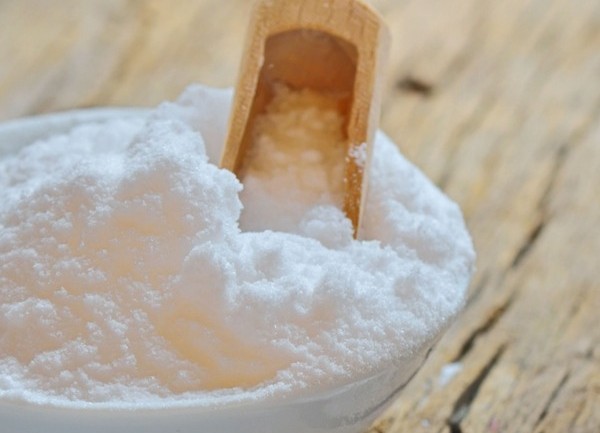The Difference Between Baking Soda and Baking Powder
We’ve all been there. A recipe calls for baking powder and you only have baking soda, or vice versa. What now? Are they really that different? The short answer is yes. Although they look similar, they both have different properties.
Baking Soda
Baking soda, also known as sodium bicarbonate, creates a gas when it meets heat. This gas is what allows your baked goods to rise in the oven.
Baking soda needs an acidic ingredient like lemon juice, buttermilk, or sour cream to activate it. Otherwise, the result may be a metallic taste to your food.
Baking Powder
Baking powder is a mixture of baking soda and an acid. It is a combination of baking soda, an acid, and cornstarch.
Most baking powder’s are ‘double acting’, which means that some of the reaction (leavening) occurs when it is combined with your wet ingredients, and the rest occurs when it is heated.
You will use baking powder with non-acid ingredients because it already contains the acid needed.
Substitute Baking Soda for Baking Powder
If you need to use baking powder but only have baking soda on hand, you can substitute the two by adding a teaspoon of lemon juice or vinegar for every 1/2 teaspoon of baking soda.
Baking soda is much more powerful than baking powder, so you’ll use 1/3 the amount of it in the recipe.
Substitute Baking Powder for Baking Soda
This one will take slightly more planning than the last one, as you will need to buy a dry acid (Cream of Tartar).
Mix one part baking soda and two parts cream of tartar to create your homemade baking powder. Remember that it won’t be ‘double acting’ so you will need to work more quickly than if you had the store-bought version.





